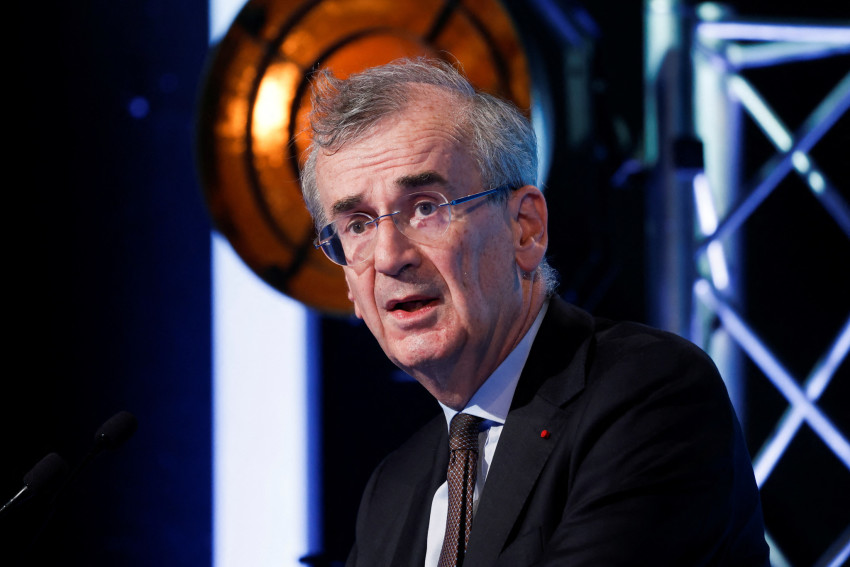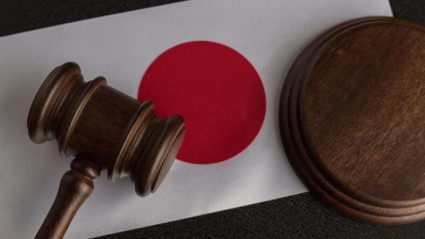arliament of the euro zone's second-largest economy must vote on the country's budget.
Last Sunday's parliamentary election plunged France into uncharted waters, with three politically divergent blocs emerging and no obvious path to forming a government.
The New Popular Front (NFP), a hastily assembled alliance of the hard-left France Unbowed party and the Socialist, Green and Communist parties, unexpectedly won the most seats in Sunday's vote but not an outright majority.
"The budget happens at the end of September. I hope that between then and now we can remove the element of uncertainty and that we will have more political clarity, but clearly this is not in my domain," Villeroy told radio network France Info.
Villeroy, who is also a member of the European Central Bank, added it was vital for the French government to reduce the country's deficit.
The French government expects to cut its public sector budget deficit from 5.1% of economic output in 2024 to 4.1% in 2025, with the aim of reducing the fiscal shortfall to meet the European Union's ceiling of 3% by 2027.
On Wednesday, the Bank of France said the economy should grow by 0.1% in the second quarter- at the top end of its previously estimated range.
Villeroy said that while there were positive aspects to the overall economic situation, such as a drop in the rate of inflation, which he expected would drop towards the bank's 2% targeted level, the outlook remained uncertain.
"I think that if we had to give a resume of the overall picture of the French economy today, it is resisting well but remains fragile," he said.
© (c) Copyright Thomson Reuters 2024.














No Comment
Login to comment